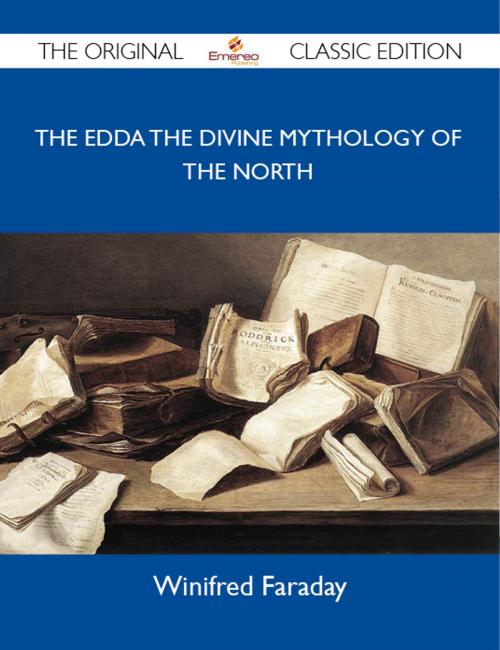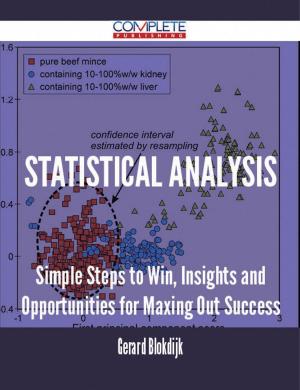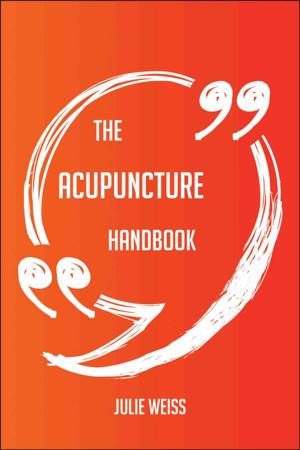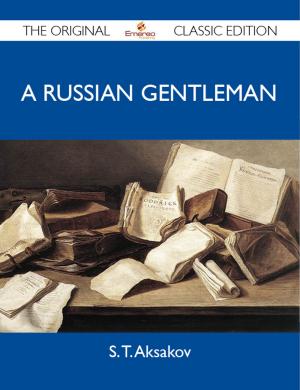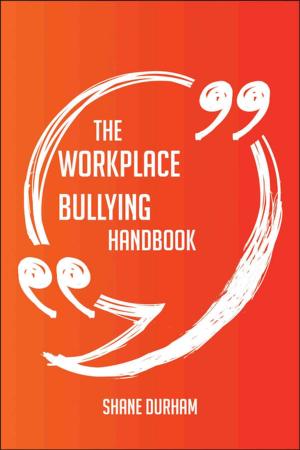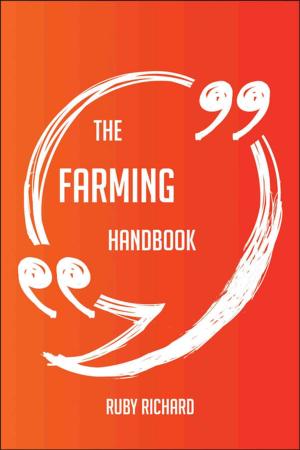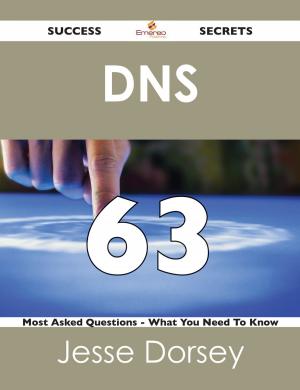The Edda The Divine Mythology of the North - The Original Classic Edition
Nonfiction, Reference & Language, Reference, Fiction & Literature| Author: | Faraday Winifred | ISBN: | 9781486420575 |
| Publisher: | Emereo Publishing | Publication: | October 24, 2012 |
| Imprint: | Emereo Publishing | Language: | English |
| Author: | Faraday Winifred |
| ISBN: | 9781486420575 |
| Publisher: | Emereo Publishing |
| Publication: | October 24, 2012 |
| Imprint: | Emereo Publishing |
| Language: | English |
This is a new and freshly published edition of this culturally important work by Winifred Faraday, which is now, at last, again available to you.
Enjoy this classic work today. These selected paragraphs distill the contents and give you a quick look inside The Edda The Divine Mythology of the North:
In this connexion, Snorris Edda and the mythical Ynglinga Saga may also be considered, but as both were compiled a couple of centuries or more after the introduction of Christianity into Iceland, it is uncertain how much in them is literary explanation of tradition whose meaning was forgotten; some also, especially in Snorri, is probably pure invention, fairy tale rather than myth.
...Again, it is more likely that the original version of the legend should have survived in Iceland than in Denmark, which, being on the mainland, was earlier subject to Christian and Romantic influences; and that a heathen God should, in the two or three centuries following the establishment of Christianity in the North, be turned into a mortal hero, than that the reverse process should have acted at a sufficiently late date to permit of both versions existing side by side in the thirteenth century.
...He is more especially agent of the doom through his children: at Ragnarök, Fenri the Wolf, bound long before by Tyrs help, will be freed, and swallow the sun (Vafthrudnismal) and Odin (Vafthrudnismal and Völuspa); and Jörmungandr, the Giant-Snake, will rise from the sea where he lies curled round the world, to slay and be slain by Thor.
...Probably it does not; at all events, none of the old Aesir, according to the poems, are to survive, for Modi and Magni are not really Gods at all, Baldr, Höd and Vali belong to another myth, Hoeni had passed out of the hierarchy by his exchange with Njörd, and Vidars origin is obscure.
...The lines, "The ninth hall is Folkvang, where Freyja rules the ordering of seats in the hall; half the slain she chooses every day, Odin has the other half," are an evident survival of a belief that all the dead went to live with the Gods, Odin having the men, and Freyja (or more probably Frigg) the women; the idea being here confused with the later system, under which only those who fell in battle were chosen by the Gods.
This is a new and freshly published edition of this culturally important work by Winifred Faraday, which is now, at last, again available to you.
Enjoy this classic work today. These selected paragraphs distill the contents and give you a quick look inside The Edda The Divine Mythology of the North:
In this connexion, Snorris Edda and the mythical Ynglinga Saga may also be considered, but as both were compiled a couple of centuries or more after the introduction of Christianity into Iceland, it is uncertain how much in them is literary explanation of tradition whose meaning was forgotten; some also, especially in Snorri, is probably pure invention, fairy tale rather than myth.
...Again, it is more likely that the original version of the legend should have survived in Iceland than in Denmark, which, being on the mainland, was earlier subject to Christian and Romantic influences; and that a heathen God should, in the two or three centuries following the establishment of Christianity in the North, be turned into a mortal hero, than that the reverse process should have acted at a sufficiently late date to permit of both versions existing side by side in the thirteenth century.
...He is more especially agent of the doom through his children: at Ragnarök, Fenri the Wolf, bound long before by Tyrs help, will be freed, and swallow the sun (Vafthrudnismal) and Odin (Vafthrudnismal and Völuspa); and Jörmungandr, the Giant-Snake, will rise from the sea where he lies curled round the world, to slay and be slain by Thor.
...Probably it does not; at all events, none of the old Aesir, according to the poems, are to survive, for Modi and Magni are not really Gods at all, Baldr, Höd and Vali belong to another myth, Hoeni had passed out of the hierarchy by his exchange with Njörd, and Vidars origin is obscure.
...The lines, "The ninth hall is Folkvang, where Freyja rules the ordering of seats in the hall; half the slain she chooses every day, Odin has the other half," are an evident survival of a belief that all the dead went to live with the Gods, Odin having the men, and Freyja (or more probably Frigg) the women; the idea being here confused with the later system, under which only those who fell in battle were chosen by the Gods.
